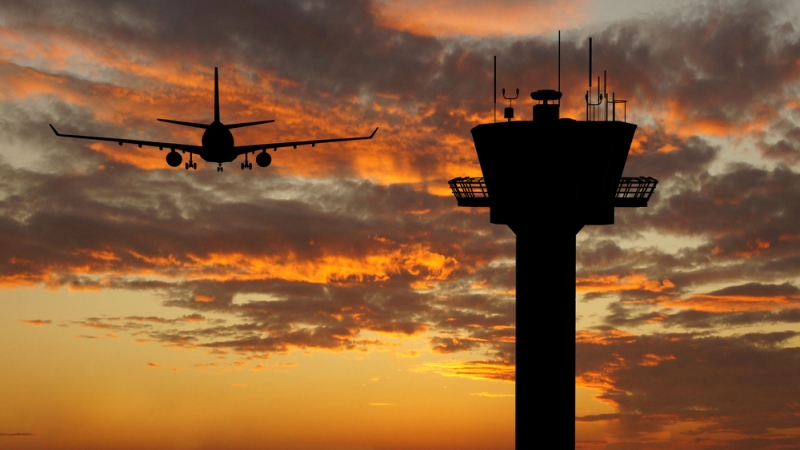
Rep. Bill Shuster, R-Pa., is optimistic about getting support from President Donald Trump on a plan to privatize the Federal Aviation Administration.
Shuster proposed last year that air traffic controllers and FAA modernization staff should become a Federally chartered nonprofit organization run by a board of directors. The plans would sever about 14,000 air traffic controllers and 16,000 other FAA workers from the payroll. Despite this, the FAA would keep its role as an oversight agency.
The plan was never voted on by the House of Representatives, but Shuster plans to continue the push for privatization.
“I’m still very much committed to it,” Shuster said in a press call last week. “I’ve had a number of discussions with [Trump] about that topic. He seems to be very favorable.”
Shuster, who is the chair of the House Transportation and Infrastructure Committee, said that Trump will address his plans to privatize air traffic control in his second 100 days in office.
Congress must reauthorize the FAA before the agency’s legal authority expires Sept. 30.
Trump has said that the government should focus on ways to modernize the country’s “third world airports.”
During the congressional campaign season, Shuster received more than $200,000 in contributions from airlines and transportation groups in the form of super PACs. The National Air Traffic Controllers Association has said that privatization would protect workers from potential government shutdowns and uncertain Federal funding.
During Elaine Chao’s hearing for secretary of transportation on Jan. 11, members of Congress brought up the idea of privatizing the FAA.
“There is a huge contention between the House and the Senate over this issue of privatization,” said Sen. Bill Nelson, D-Fla.
“This is a huge issue. I am very much aware of those who are for it, those who are against privatization,” Chao said. “We need to have a national discussion about this.”
The Department of Transportation’s Inspector General issued a report from Jan. 11 that said the agency needs to work on mitigating the effects of system disruptions. Congress requested the report after the FAA experienced several major system failures that resulted in the inability to provide any air traffic control services.
The report found that the FAA lacks the ability to respond to system failures because of lack of training for controllers, new technology that could enable improvement will not be available for years, contingency plans are incomplete, and the FAA doesn’t have effective plans to share information internally and externally.
Shuster said that the report lends support to his proposal to privatize the agency. Other members of Congress expressed concerns about putting the responsibility for 24,000 commercial flights a day in the hands of an “airline-dominated board.”
Shuster said one reason for his proposal is the lack of progress of the FAA’s NextGen program, which was tasked with updating the agency’s technology in order to make flights safer and more efficient. The Government Accountability Office has released reports that NextGen is moving too slowly.
Shuster called NextGen “the most recent in a line of abandoned modernization plans.”
The NextGen program has succeeded so far in installing Data Comm technology, text message-enabled communication systems between controllers and pilots, in several airports across the country, as reported by MeriTalk.
Shuster issued a “dear colleagues” letter to House members, which said the FAA’s handling of NextGen was “bureaucratically sluggish and troubled,” and “has suffered from numerous cost overruns and delays.”
